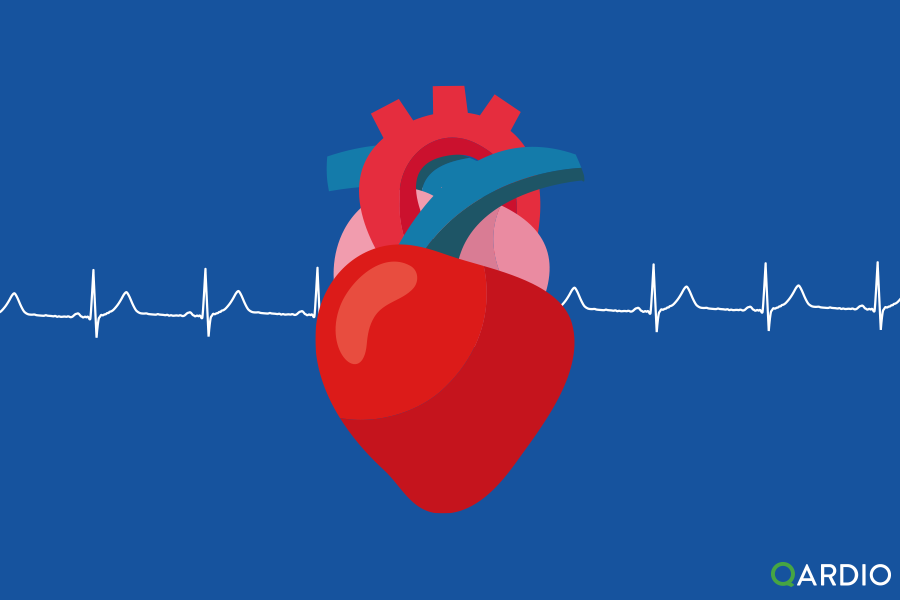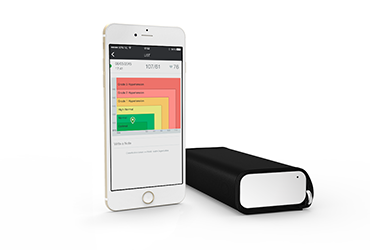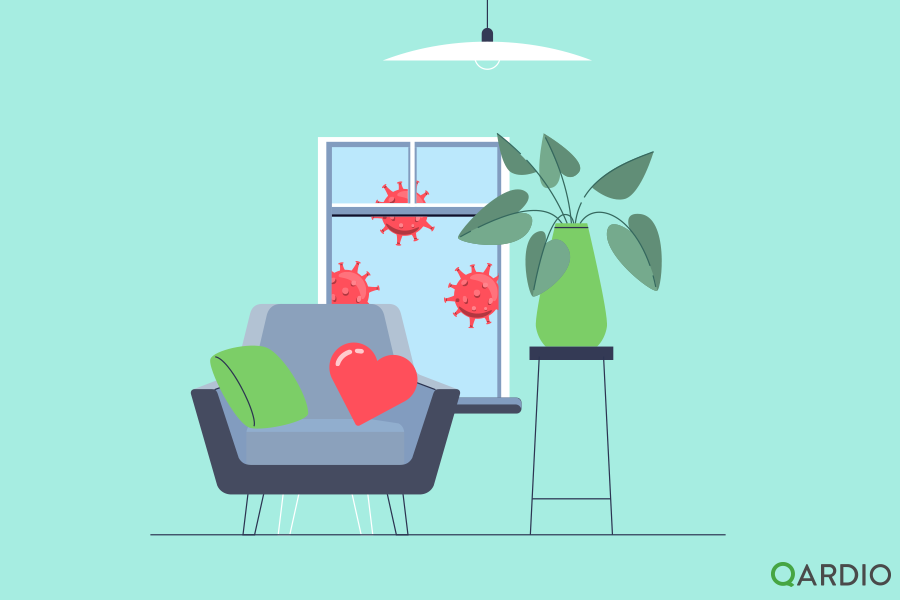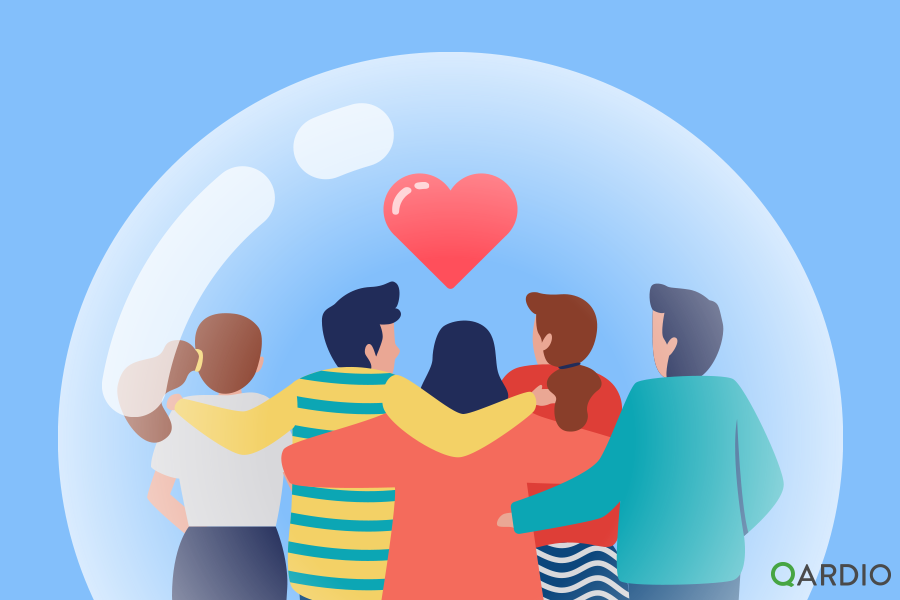Have you ever wondered how much energy your heart generates? How blood is distributed through your body, or how many gallons of blood does it pump? The human heart is a muscular organ responsible for pumping blood through your body. It can fit in the palm of your hand, but it generates so much energy that on a daily basis it can drive a truck 20 miles! Sounds amazing, right? Here are 10 mind-blowing facts about your heart.
1. How many times does a heart beat during the day?
On average, an adult’s heart beats:
– 72 times a minute
– 100,000 times a day
– 36,000,000 times a year
2. What is the weight of the human heart?
A healthy heart only weighs 11 ounces on average and can pump 2,000 gallons of blood through 60,000 miles of blood vessels each day.
3. How much energy does the human heart generate?
In a lifetime, the human heart has the power to create enough energy to drive a truck to the moon and back.
4. How does blood get distributed through the body?
– 5% goes to the heart
– 20% goes to the brain and central nervous system
– 22% goes to the kidneys
5. How many cells receive blood?
75 trillion cells receive blood pumped from the heart.
6. Is the human heart a powerful muscle?
During a lifetime, the human heart generates 2.5 gigajoules of energy, making it the muscle that does the most physical work.
7. Which heart beats faster? Man or woman?
A woman’s heart beats faster than a man’s:
– Woman: 78 beats per minute.
– Man: 70 beats per minute.
8. Does lack of sleep affect the human heart?
Prolonged lack of sleep can cause irregular jumping heartbeats called premature ventricular contractions (PVCs).
9. How fast does blood travel through the human body while resting?
When the body is at rest, it takes the blood:
– 6 seconds to go from the heart to the lungs and back.
– 8 seconds to go to the brain and back.
– 16 seconds to reach the toes and travel all the way back to the heart
10. Do all organs receive blood?
The corneas are the only parts of the body that receive no blood supply from the heart. Since they don’t have blood vessels, they get nutrients via tears and aqueous humor.
Essential and invaluable
Your heart is one of the most important organs of your body. It is the blood pump that circulates blood through your body and keeps other organs active. Keep it healthy and strong.
Sources:
Daniels, Patricia, et. al. Body: The Complete Human. Washington, D.C.: National Geographic Society, 2007.
Chilnick, Lawrence. Heart Disease: An Essential Guide for the Newly Diagnosed. Philadelphia, PA: Perseus Books Group, 2008.
Avraham, Regina. The Circulatory System. Philadelphia, PA: Chelsea House Publishers, 2000.
Davis, Goode P., et. al. The Heart: The Living Pump. Washington D.C.: U.S. News Books,1981.
Parramon’s Editorial Team. Essential Atlas of Physiology. Hauppauge, NY: Barron’s Educational Series, Inc, 2005.
You can also download the guide here.




